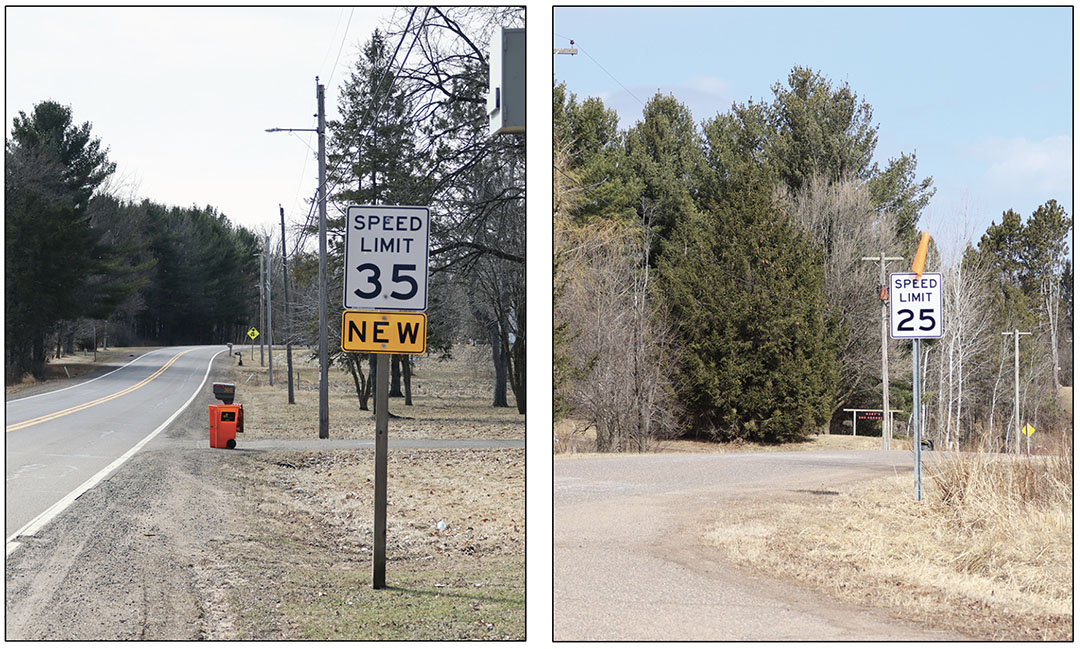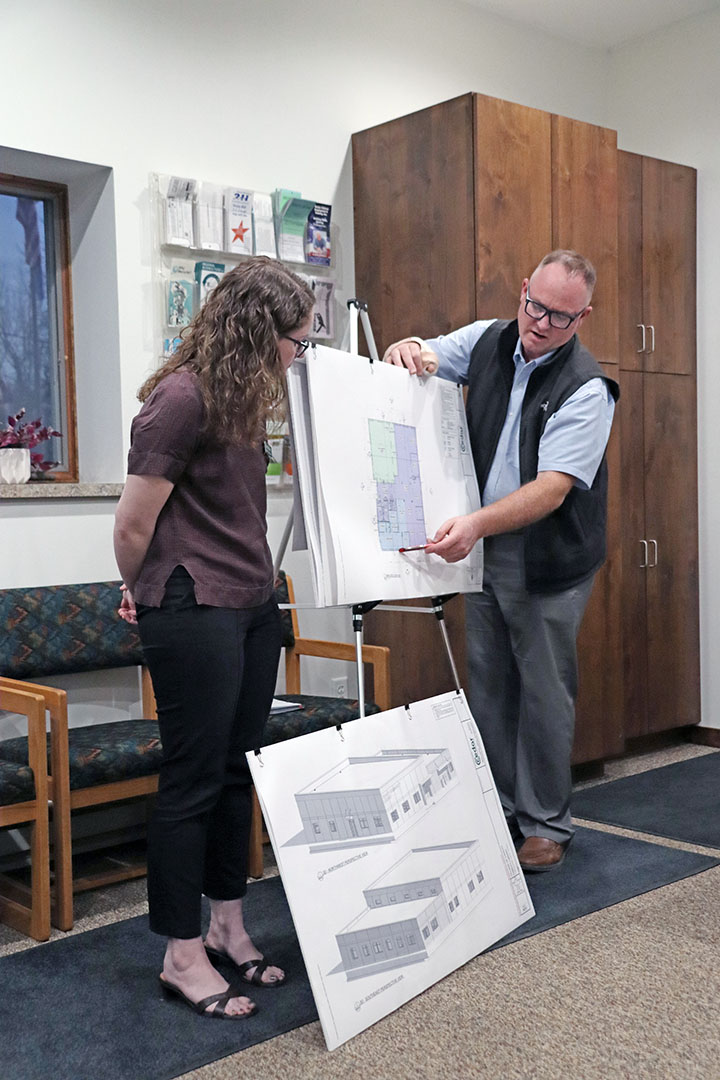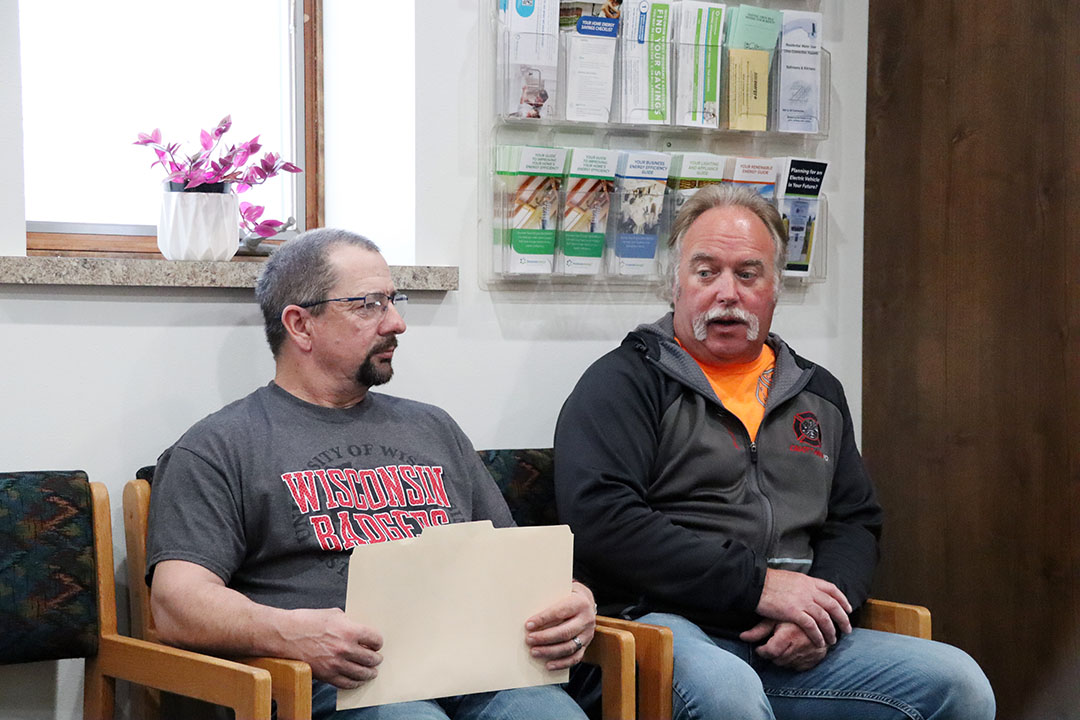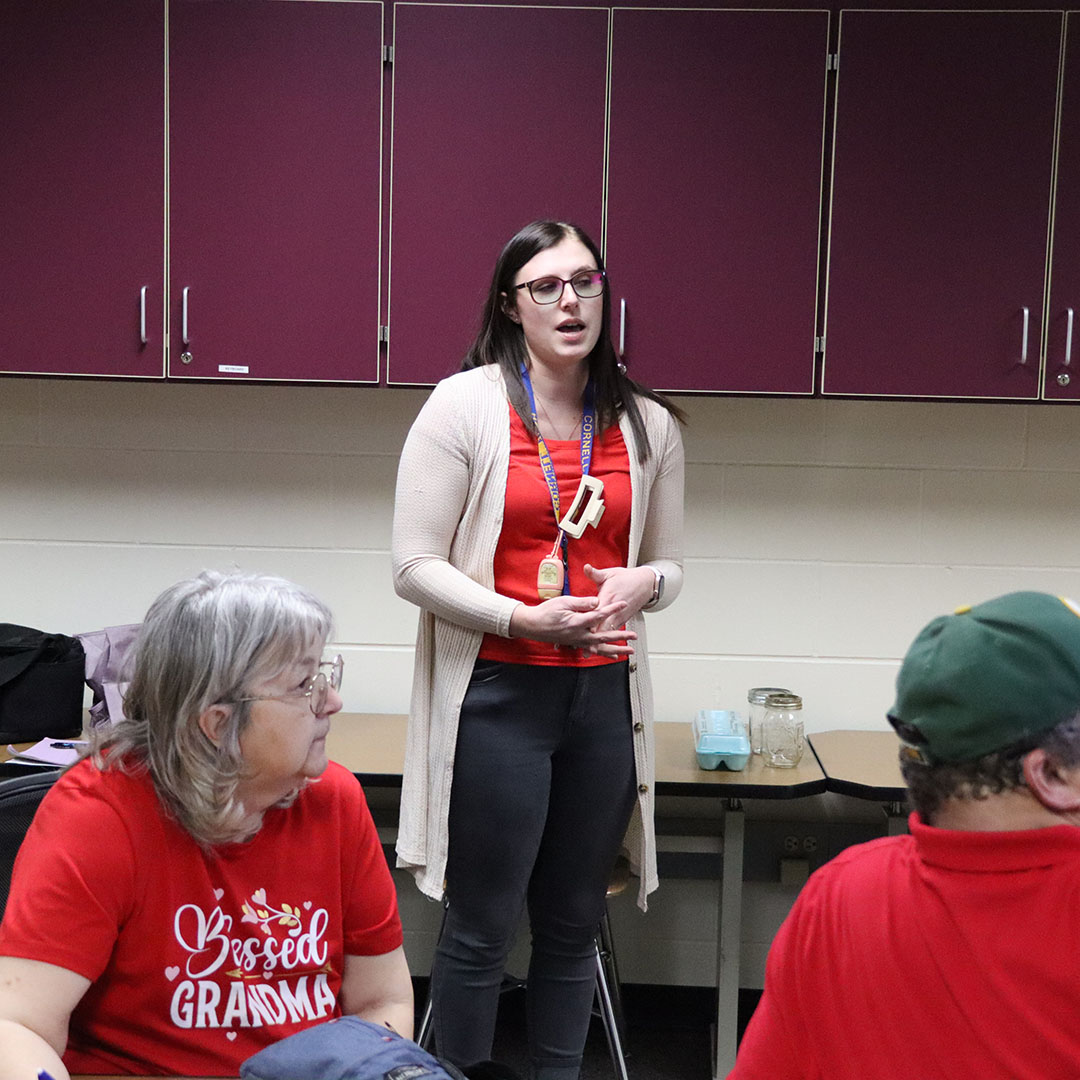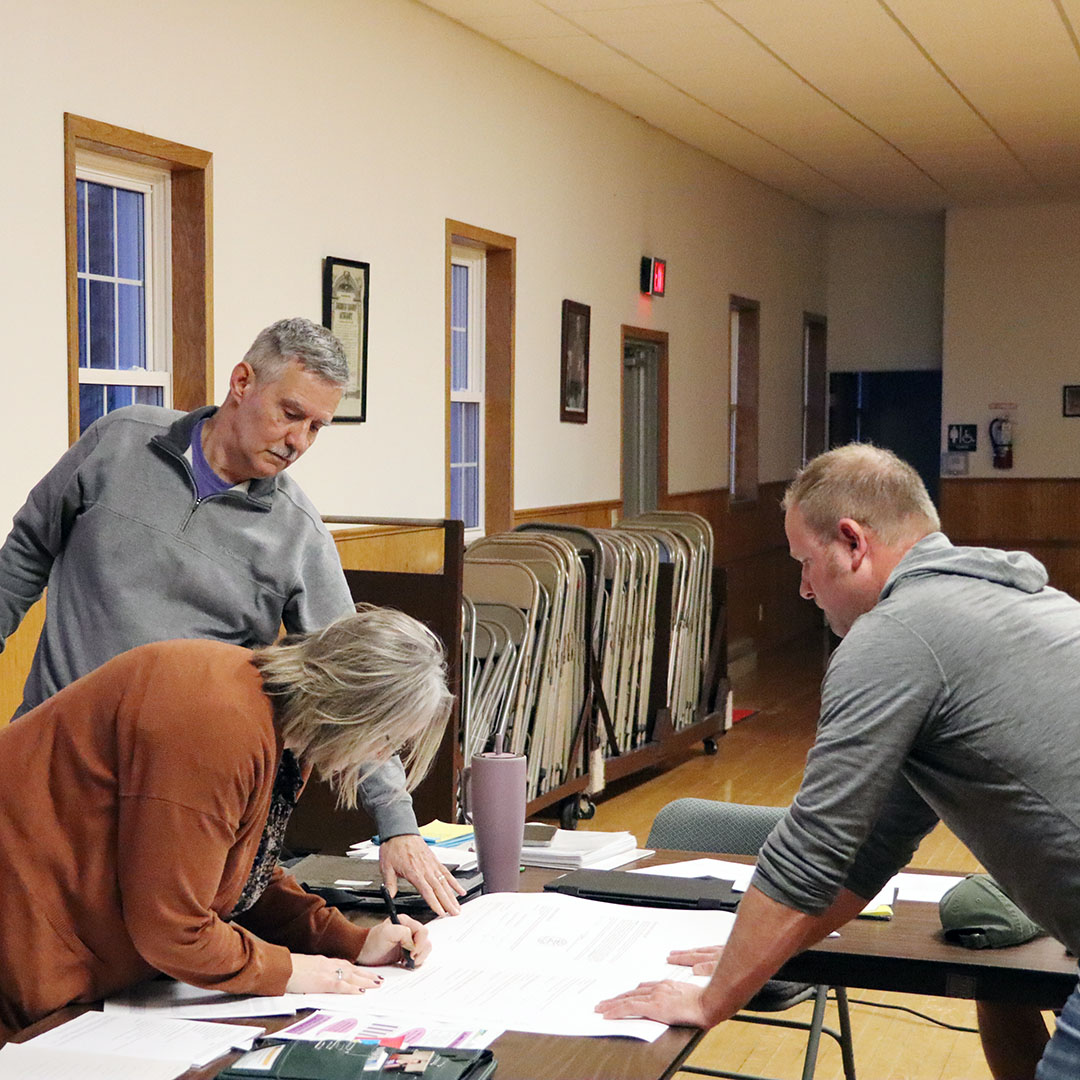Without a school, a community loses their identity
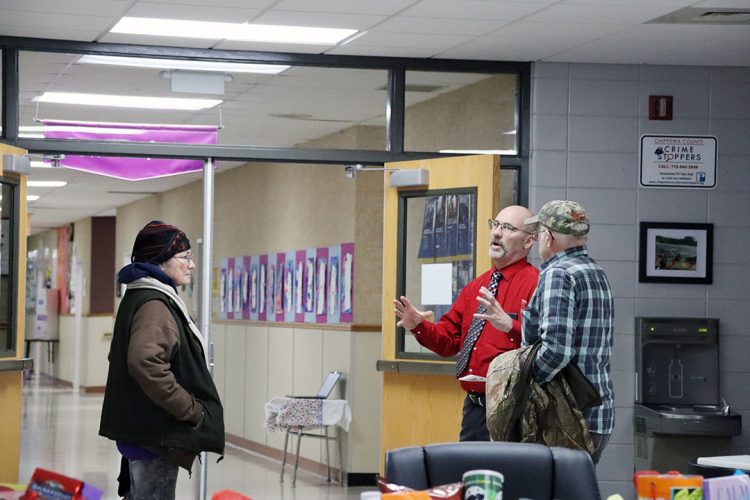

By Ginna Young
Why should we, as taxpayers, support an operational referendum? Good question, with the answer a simple one – because if you don’t, the school will cease to exist.
It’s not a threat, it’s not a scare tactic, it’s plain fact. When a school district has to turn to the taxpayers, it means that there is no other recourse. That’s what is happening at Lake Holcombe.
The reason is, in the 1990s, the district undertook a building project, so they decided to give taxpayers a break and made the levy limit lower that year. Unfortunately, the state funding changed about that time, and the levy rates were locked in, meaning, without going to referendum, just to keep the doors open, Lake Holcombe is not receiving enough state aid to function.
For 18 years, the district has requested that the residents of the district support a three-year, recurring referendum to exceed the levy limit, so programming can continue, teachers can be recruited and retained, and maintenance can be performed on the building.
It’s not an ideal situation for anyone, but one that has worked. Now, however, the district is facing record inflation, including skyrocketing property insurance.
“We’ve all seen it at the store, at the gas pump,” said district administrator Kurt Lindau.
But, the main reason, is insufficient funding at the state level. As an example of how funding education works, there were 81 operational referendums in November 2024, with 62 scheduled for this spring election.
“We’re not alone,” said Lindau.
Lake Holcombe once received $4,453, per student (in 2001), but now only receives $284, per student. Part of that, stems from the fact that property value in the district has risen to $772,882,431, more than $4 million higher than the neighboring district with the lowest mill rate. Out of seven area schools, Lake Holcombe currently has the second lowest mill rate, at 5.25.
The district is asking for $900,000, per year, for the next three years, as a way to keep the school open. Without sacrificing educational opportunities, the district has managed to stay on budget the last few years. “So, we’re living within our means,” said Lindau. “We’re not asking for anything fancy. We just want to maintain the quality programming that we have in place.” As part of that programming, Lake Holcombe offers advanced placement courses in the form of physics, composition, calculus, psychology, anatomy, chemistry, sociology, medical terminology and biotechnology, as well as dual credit courses. There are electives in welding, construction, tech ed, auto mechanics, environmental sciences, ag, hydroponics, personal finance, family and consumer education, business, band, choir, piano, guitar, foreign language and more. In addition, the school offers after-school and summer school programs, with students participating in community service through the FFA, Leos Club, Student Council and the honor society. And, of course, there are the seasonal sports programs, forensics, art and a growing music program. Through referendum funding, teachers have been attracted and retained, while the district has been able to replace the “ancient” boiler system, get a spray booth in the tech ed area, an HVAC system in the greenhouse, new bleachers in the new gym, some roof replacements, a new clock bell and PA system, and new fencing around the playground. “We realized, when we chased a third grader through the woods, that the playground wasn’t fenced in,” said Lindau. “We made it much safer.” It’s important to those at the school, that students are prepared for the their life outside the classroom, whether they choose to go to a technical college, four-year college or enter the workforce. However, it’s not just about aesthetics or who has the highest testing scores in the area, it’s also about social and emotional learning. “We have something here for everyone,” said school board president Brian Guthman. In a recent unscripted video that was shot to promote the school (available for viewing at lakeholcombe.k12.wi.us), it turns out, that the students at Lake Holcombe feel the same way. Those students shared that, overall, the teachers make the kids of all ages, feel supported and loved, and that the school feels like home. It was also mentioned that the kids really like the closeness of community, in regard to the school. As one district resident said, the school is the identity of the community. That’s why voters are asked to vote “YES” to the upcoming referendum question on the April 1 ballot. If the referendum does not pass, programming will be cut to a bare minimum and, eventually, the school doors will close. Students will then be reassigned by the state, to neighboring districts, which will mean higher school taxes for everyone. It also means that the more than 100 years of Lake Holcombe School history, will come to an end, which no one ever want to see, as it will economically affect everyone.“This is the hub of the community and it’s so important,” said guidance counselor Nicole Crosby.
